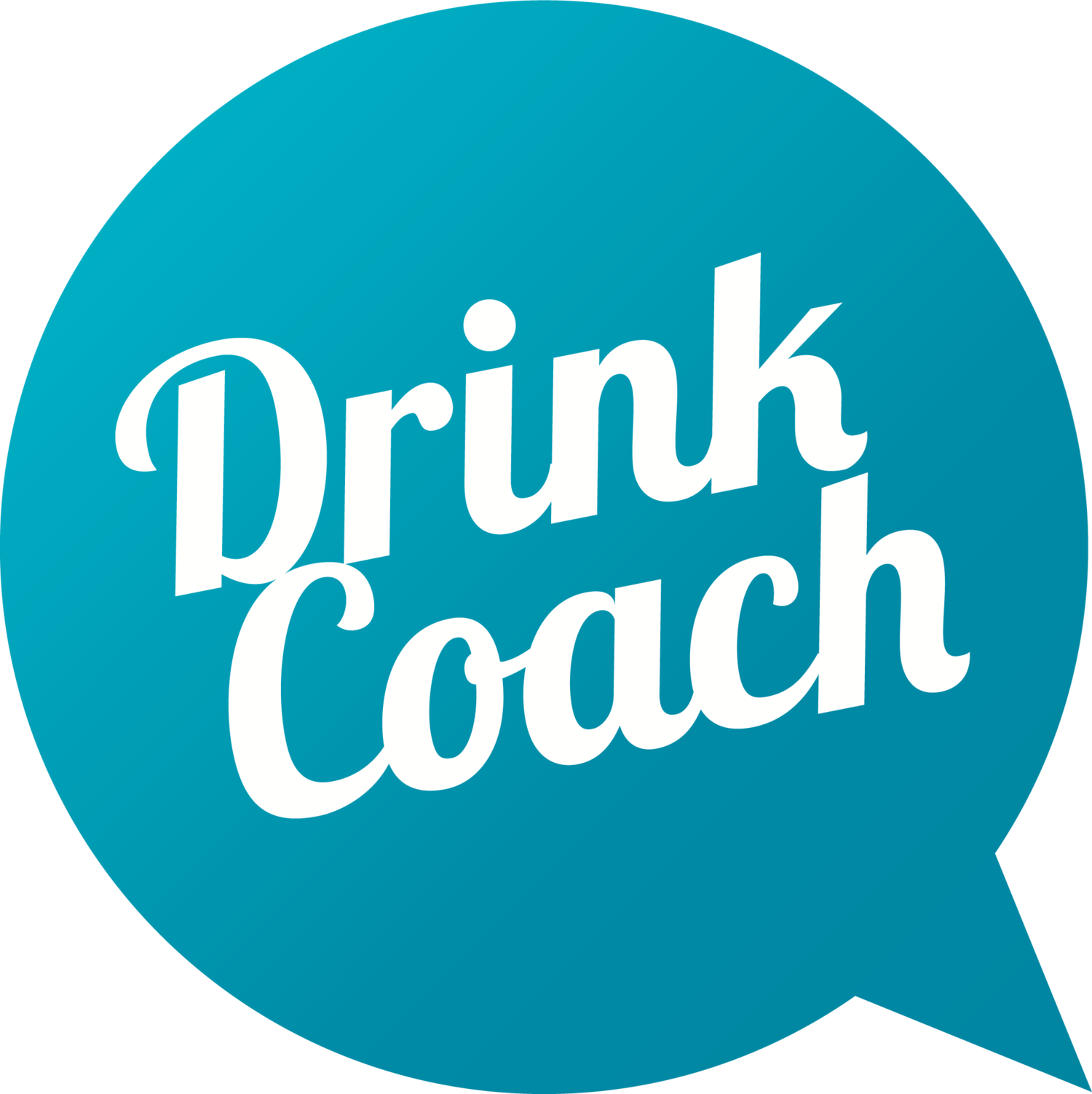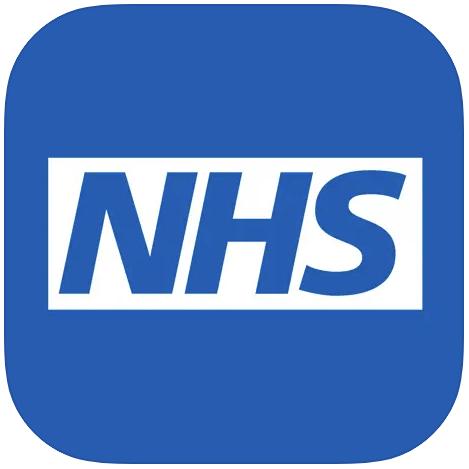alcohol
Support for you or someone you care about
Realising you have a problem with alcohol is the first big step to getting help.
Cutting back on alcohol has lots of benefits – mental and physical health and wellbeing, socially and financially. There are plenty of practical ways you can start to cut down the amount you drink and how to keep on track.
If you regularly drink more than 14 units of alcohol a week, try these simple tips to help you cut down. (Fourteen units is equivalent to 6 pints of average-strength beer or 10 small glasses of low-strength wine).
Tips to help you cut down
Benefits of reducing the amount of alcohol you drink include:
Dinner only drinking
Of course, it’s not just alcoholic drinks that can complement your dinner. Try experimenting with herbal teas and fresh fruit juices to match different dishes too.
Low alcohol drinks
If you’re looking for a way to cut down on alcohol without cutting it out completely, reduced or lower alcohol drinks could be good option for you.
Taking a break from drinking and reset your tolerance
It’s likely your drinking patterns have probably changed over time. Once, you might have drunk alcohol while out on the town. Now, because of the demands of a career and maybe a family, you could be spending more time at home. But even though you’re going out less – you might be drinking too much. If you change your drinking habits it can help you reverse your tolerance to alcohol.
If you think your tolerance is rising, then think about whether you could be becoming dependent on alcohol. e.g. beginning to use it regularly to unwind after work, or to socialise.
There are plenty of things you can do to get your mind and body back on track – and getting back in balance is easier than you think.
If you want to stop drinking completely
If you have become physically dependent and need to stop drinking completely, stopping overnight could be harmful.
You should get advice about this and about any medicine you may need to do this safely.
The sorts of withdrawal symptoms that suggest you may need medicine include:
Giving up completely may not be easy – especially if you’ve been a heavy drinker in the past. The following tips and techniques can make it that little bit easier.
It’s important that you and those close to you know the dangers that can occur at home or out and about when alcohol’s in the equation.
Tips to help you stay safe
Take care when out drinking in cold weather
The dangers of fake alcohol
It can be bought cheaply, but it can cause anything from nausea to blindness and even death if consumed.
Look out for:
Avoid drinking games
Don’t get involved in drinking games – Don’t be fooled into thinking they are harmless fun, drinking games can lead to risky behaviour and alcohol poisoning, which can be fatal, and can have consequences for your long-term health too.
Spirits and drinking speed
What can happen if I drink too much?
Drinking alcohol can:
Knowing what to look for, what to say and what you can do to help.
Signs that someone you care about is drinking too much can be hard to see if you don’t know what to look for. It’s easy to see when someone appears visibly drunk or they drink large amounts of alcohol in a short space of time. As someone close to them, you may be better placed to recognise their change in behaviour.
The best way to approach someone you’re concerned about is with sensitivity and empathy. Think about how you would want to be approached if someone told you that you had a problem with alcohol.
You can expect them to feel:
They might say “everyone else is doing it”
What to say - and what not to say
It is important to show how concerned you are, rather than disapproval and tell them that you are worried about them.
Using positive language is key to engagement. Some examples you could use include:
Avoid criticism and making judgements such as “you’re an alcoholic” as this will lead to the conversations going round in circles.
Signs someone has drunk too much
What to look out for:
How much alcohol someone’s body can drink depends on lots of things, like how much they’ve eaten that day, their general health, size and gender and how they’re feeling.
Helping someone who has drunk too much
Suggestions to help someone:
If you think someone may have alcohol poisoning through drinking too much, too quickly, they are likely to:
It’s very dangerous when someone has these symptoms and best to seek medical help. Get medical help if your friend can’t stay awake, has vomited a lot and has been injured, especially if they have a head injury
Alcohol Liaison Service
01709 426637 or 01709 426635
Seven days a week, 8am–8pm
The Alcohol Liaison Service supports adults with an alcohol related concern or problem, who have recently attended the Emergency Department or have been admitted to hospital.
A team of specialist alcohol nurses are available seven days a week, between the hours of 8am and 8pm.
Drink Coach
Drink Coach
Free coaching sessions for Rotherham residents – A professional, convenient and confidential way to discuss your drinking and receive expert guidance from an alcohol treatment specialist.
Gismo
Gismo is an online directory of not-for-profit groups providing help and support to people living and working in Rotherham.
Hub of hope
The Hub of Hope is the UK’s leading mental health support database. It is provided by national mental health charity, Chasing the Stigma, and brings local, national, peer, community, charity, private and NHS mental health support and services together in one place for the first time.
If you are here then it is likely that you, or someone you care about, is experiencing mental and emotional distress that – right now – feels unbearable and overwhelming.
ROADS - Rotherham Alcohol and Drug Service (Adults and Under 18’s)
0808 1753981
Carnson House, 1 Moorgate Road, Rotherham S60 2EN
This service is for you if you’re:
ROADS offers free, confidential support with alcohol and drugs.
They work with you on your own goals, whether that’s cutting down your drug and alcohol use, stopping completely or just getting a bit of advice.
The Ark
07492 611855
Rotherham Pentecostal Church, Station Road, Masborough, Rotherham, S60 1JH
The Ark provides food, clothing, support and community for the unemployed, homeless, abused, alcohol and drug-dependant or otherwise marginalised people of Rotherham. There is an informal drop-in at the church every Tuesday between 2:30–4:30pm, to hang out and chat.
Alcoholics Anonymous
0800 9177650
help@aamail.org
Alcoholics Anonymous offers a range of services including helpline, email, local meetings and online chat.
Al-Anon Family Groups
0800 0086 811 (10am–10pm, 365 days a year)
helpline@al-anonuk.org.uk
Al-Anon Family Groups provide support to anyone whose life is, or has been, affected by someone else’s drinking, regardless of whether that person is still drinking or not.
Drinkchat
0300 123 1110
Drinkchat is a free service for anyone who is looking for information or advice about their own, or someone else’s, alcohol use. Our trained advisors are on hand to give you some confidential advice. You don’t even have to make a phonecall.
Drinkline
Free helpline: 0300 123 1110
Weekdays 9am–8pm, weekends 11am–4pm
Drinkline runs a free, confidential helpline for people who are concerned about their drinking, or someone else’s.
The purpose of the Drinkline service is to offer free, confidential, accurate and consistent information and advice to callers who are concerned about their own or someone else’s drinking regardless of the caller’s age, gender, sexuality, ethnicity or spirituality.
National Association for Children of Alcoholics
Free helpline: 0800 358 3456
helpline@nacoa.org.uk
NACOA provides a free, confidential telephone and email helpline for children of alcohol-dependent parents and others concerned about their welfare.
With You – Alcohol Over 50s Helpline
The alcohol, drug and mental health charity With You has launched an over 50s Alcohol Helpline providing support and advice to individuals aged over 50 worried about their drinking, and their concerned others.
0808 801 0750
Available 7 days a week
Monday to Friday at 12pm – 8pm and 10am to 4pm at weekends.
 Drinkcoach helps you to track and change your drinking for free. No advertising, no in-app purchases and no logins.
Drinkcoach helps you to track and change your drinking for free. No advertising, no in-app purchases and no logins.
 Drink Free Days is a simple and easy way to track the days you drink alcohol and the days you don’t. Feel healthier, lose weight and save money – simply nominate days to take off drinking and get practical, daily support to help you stick to it.
Drink Free Days is a simple and easy way to track the days you drink alcohol and the days you don’t. Feel healthier, lose weight and save money – simply nominate days to take off drinking and get practical, daily support to help you stick to it.
 Drink Less is created by a team of psychologists at University College London to help drinkers reduce their consumption of alcohol. Find out more on the website.
Drink Less is created by a team of psychologists at University College London to help drinkers reduce their consumption of alcohol. Find out more on the website.
 The NHS App gives you a simple and secure way to access a range of NHS services on your smartphone or tablet.
The NHS App gives you a simple and secure way to access a range of NHS services on your smartphone or tablet.
You can use the app if you are aged 13 or over. You must be registered with an NHS GP surgery in England or the Isle of Man. You can also log in through the NHS website on a computer to use NHS App services.
 HealthUnlocked is the world’s largest social network for health. Find and connect with people with a similar health condition. The service has over 700 online communities focused on health and wellbeing topics.
HealthUnlocked is the world’s largest social network for health. Find and connect with people with a similar health condition. The service has over 700 online communities focused on health and wellbeing topics.
Rotherhive is not responsible for content on websites or apps mentioned on the site. Always read the app’s Terms and Conditions and Privacy Policy to see how your data may be used.